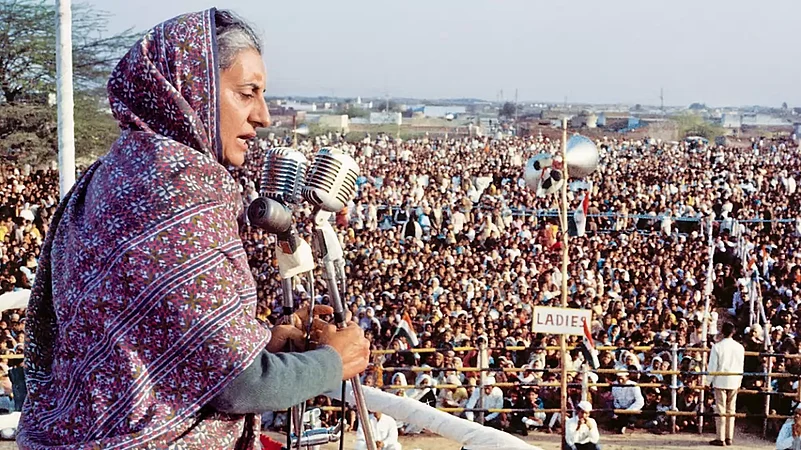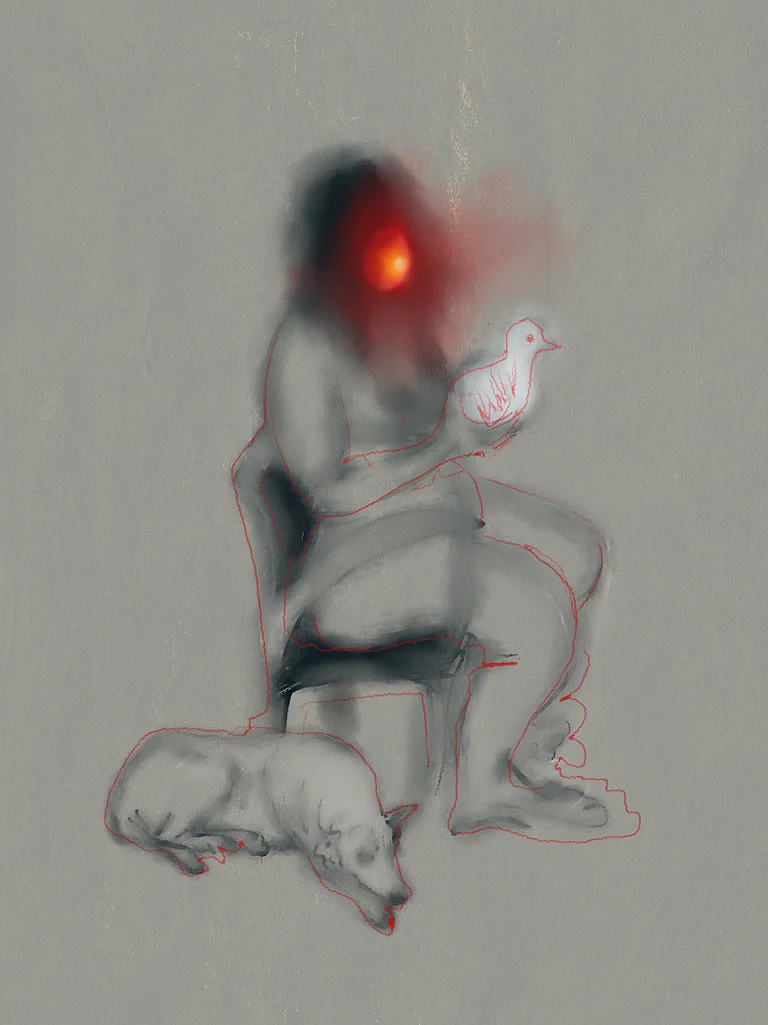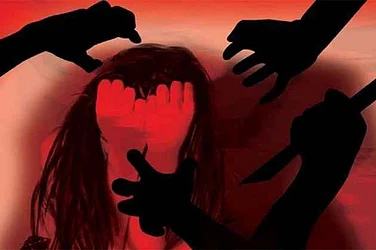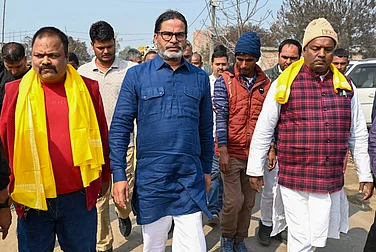Henry Kissinger, a figure celebrated for diplomatic brilliance and condemned for his decisions that cost many lives, died at the age of 100 on Wednesday. Kissinger held key roles under two Republican presidents, Richard Nixon and Gerald Ford, serving as both national security adviser and secretary of state from 1969 to 1977.
During the Indo-Pak War in 1971, his relationship with India, and specifically with Prime Minister Indira Gandhi, took a contentious turn.
Pakistan, a crucial U.S. ally during the Cold War due to its strategic location and role as a counterbalance to India aligned with the Soviet Union, played a central part in Kissinger's diplomatic strategy. Serving as the National Security Adviser to then President Richard Nixon, Kissinger sought to utilise Pakistan for diplomatic openings to China as part of his grand strategy to counter Soviet influence.
On March 25, 1971, the Pakistan Army launched Operation Searchlight in east pakistan (now Bangladesh), resulting in a severe crackdown and a massive humanitarian crisis and as many as 10 million refugees poured into India.
As the crisis in East Pakistan unfolded with brutal atrocities, the U.S. Consul General in Dhaka, Archer Blood, urgently wrote to Washington DC for intervention. However, Blood encountered what he described as a "deafening silence" as the U.S. continued to supply military and economic aid to Pakistan.
Amidst a steady influx of refugees, India, under the leadership of Prime Minister Indira Gandhi, took the drastic step of going to war with Pakistan in December 1971.
A month prior to India's intervention, Indira had met with Kissinger and Nixon. Conversations between Nixon and Kissinger revealed derogatory language towards India and its leaders. In the aftermath of the meeting, both men called Indira a “b**ch” with Kissinger accusing Indira of "starting a war" and referring to Indians as "b*****ds" and "the most aggressive people around".
Earlier, during a meeting on June 17, 1971, Nixon and Kissinger freely criticised India, labelling Indians as the "most sexless" and "pathetic" people, and Indian women as "the most unattractive women in the world."
Both Nixon and Kissinger had deep misgivings about then US Ambassador to India Kenneth B Keating, and Nixon is heard on the tape wondering why Keating was on the side of the Indians.
In response, Kissinger says: “They (Indians) are superb flatterers, Mr President. They are masters at flattery. They are masters at subtle flattery. That’s how they survived 600 years. They suck up — their great skill is to suck up to people in key positions.”
However, with the passage of time, Kissinger's perspective on Indira Gandhi changed.“[The foul language has] to be seen in the context of a Cold War atmosphere 35 years ago, when I had paid a secret visit to China when President Nixon had not yet been there and India had made a kind of an alliance with the Soviet Union,” Kissinger told NDTV in 2005.


























